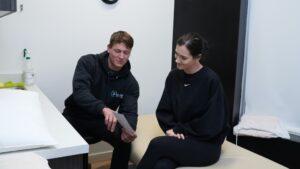
A concussion is a form of mild traumatic brain injury caused by a violent jolt, bump, or blow to the head. Anyone can get a concussion—from infants to elderly. Headaches are the most common concussion symptom and should resolve within 14 to 21 days. Though recovery plans are unique to each person, they all involve physical and mental rest and a gradual return to activity.
Rehabilitation of concussion often requires a multi-disciplinary approach that physiotherapists can contribute to.
Who gets a concussion?
Anyone involved in high-risk activities (e.g., sports), or involved in a traumatic incident (such as an accident) can sustain a concussion. Adolescents are at the highest risk of concussion than any other age group. Researchers think this is because their brains are still developing. The brain is still laying down its neural pathways and adolescents’ necks are typically weaker at this age than in young adults and older people.
A concussion can also come from a blow to the jaw or chin. Although these areas of the body can absorb some of the blow, if you are hit in the right place, it can cause a concussion.
Did you know? There is no difference between a concussion and a traumatic brain injury. Both are considered injuries to the brain and are virtually interchangeable terms.
Did you know? You do not need to hit your head at all to have a concussion. Whiplash and fast accelerations of the head can also result in a concussion. Most patients who suffer a concussion never lose consciousness or are knocked out.
What are the symptoms of a concussion?
Concussions can cause several different symptoms including headache, dizziness, light disturbances, vision problems, balance issues, nausea, vomiting, fatigue, ringing in the ears, concentration difficulties, insomnia, and mood changes, among other symptoms.
Did you know? Vomiting more than once after a concussion is considered a medical emergency and requires EMS (emergency medical service) activation. As there are other signs and symptoms which require urgent medical attention, if you think you have a concussion, seek emergency medical care.

How can physiotherapists help treat concussion?
Our physiotherapists at Synergy Rehab are trained to assist with the symptoms and recovery from concussions. Oftentimes, a medical doctor will also be involved to guide treatment and medical management once the concussion is diagnosed. Physiotherapists can assist with the following common issues occurring with concussions:
Headache:
Often the most profound concussion symptom, your physiotherapist can assist with treating underlying causes of headaches, such as muscular causes of pain, joint restriction, balance and vertigo issues, and energy management. Treatment is often hands-on and may involve the use of specialized modalities (such as shockwave therapy) which can assist with the symptoms.
Neck pain and symptoms:
Head and neck symptoms post-concussion can be a result of muscle and joint restrictions. Your physiotherapist will conduct a thorough assessment of your muscles and joints and determine the most appropriate course of action based on clinical assessment.
Vestibular rehab:
After a concussion, you can have problems with your vestibular system (sense of position and balance). At Synergy Rehab, we offer vestibular therapy which can help people cope with the symptoms of conditions such as vertigo and labyrinthitis. Our our vestibular therapy specialists focus on exercises that involve head movement, which is essential in stimulating and reprogramming the vestibular system.
Balance issues:
After a concussion, you can have problems with your balance. Your physiotherapist will conduct balance evaluations to determine an appropriate course of action. Treatment for balance issues can help you feel stronger and more at ease with moving for your day-to-day activities.
Energy management:
Physiotherapists can assist with helping you manage your day to prioritize your energy and optimize your success. Other strategies involving advice on aerobic activity, sleep and home exercises will also assist with recovering strength, vitality, improve circulation and reduction of symptoms.
Identification of symptoms that require involvement of other professionals:
Your physiotherapist will identify symptoms such as low mood, concentration difficulties, appetite changes, and sustained low energy, which require evaluation by other healthcare professionals. Your local physiotherapist can then assist you in seeking care from these professionals.
Heal your concussion symptoms at Synergy Rehab
Are you recovering from a concussion? Our expert team of Surrey and Vancouver physiotherapists can help with your recovery. Book a same-day appointment today!








